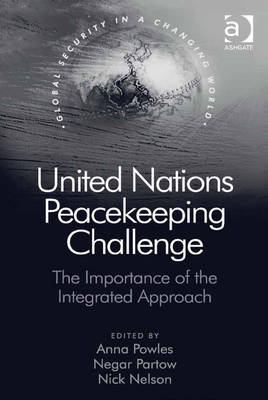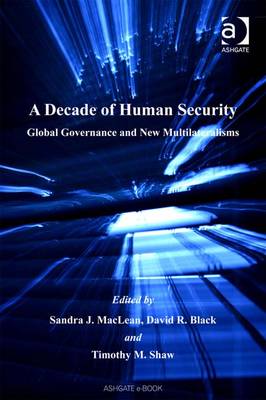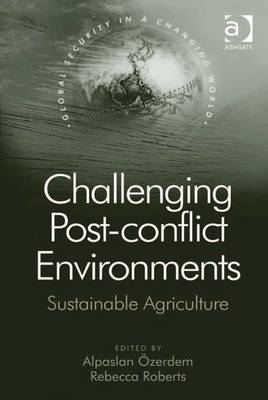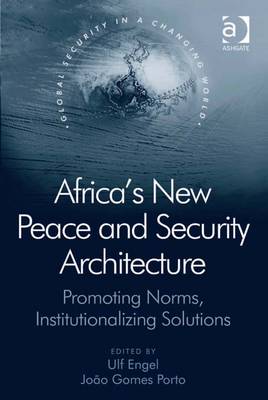Global Security in a Changing World
4 total works
United Nations Peacekeeping Challenge
Drawing from a diverse range of military, policing, academic and policymakers' experiences, this book seeks to provide solutions of how national militaries and police can work together to better support future United Nations peacekeeping operations. It addresses the growing tension between increasing non-combat related responsibilities being placed on land forces and the ability of UN peacekeeping forces to fulfil the demands of government and development tasks in fragile and conflict-affected environments. An original contribution to the debate on UN peacekeeping reforms that includes constructing an enhanced partnership for peacekeeping; building on renewed commitment to share the burden and for regional cooperation; providing peacekeepers with the necessary capabilities to protect civilians; and supporting nations in transition from conflict to stabilisation. This book offers the very latest in informed analysis and decision-making on UN peacekeeping reform.
A Decade of Human Security
Human security has been advanced as an alternative to traditional state-based conceptualizations of security, yet controversies about the use and abuse of the concept remain. Investigating innovations in the advancement of the human security agenda over the past decade, this book identifies themes and processes around which consensus for future policy action might be built. It considers the ongoing debates regarding the human security agenda, explores prospects and projects for the advancement of human security, addresses issues of human security as emerging forms of new multilateralisms and examines claims that human security is being undermined by US unilateralisms.
This comprehensive volume explores the theoretical debate surrounding human security and details the implications for practical application. It will prove ideal for students of international relations, security studies and development studies.
Challenging Post-conflict Environments
Crossing disciplinary boundaries, this volume by OEzerdem and Roberts conceptualizes the challenges of developing sustainable agriculture in post-conflict environments as well as identifying the policies and practical solutions to achieve sustainable agricultural production which is central to the survival of humanity. Without sustainable agriculture, populations remain vulnerable increasing the likelihood of a return to conflict. Therefore, sustainable agriculture is central to effective post-conflict recovery that provides human security as well as stability and rule of law. Unique in combining a comprehensive and comparative understanding of sustainable agriculture challenges in post-conflict environments, there is originality in the interdisciplinary nature of the book. Interdisciplinary often means bringing together a political scientist and a sociologist, but in this case it means bringing together natural and social scientists, as well as those with practical experience in development and agricultural contexts. By adopting a holistic multi-disciplinary approach which identifies key themes and case studies, this book sets the scene for the debate surrounding sustainable agriculture in post-conflict environments. Seeing 'fixing' agriculture as more than merely a technical matter, the volume focuses on this critical post-conflict challenge with social, political and cultural characteristics and consequences as well as the obvious economic ones.
Africa's New Peace and Security Architecture
This volume offers an informed and critical analysis of the operationalization and institutionalization of the peace and security architecture by the African Union and Africa's Regional Economic Communities (RECs). In creating this architecture, the African Union and the RECs tread new ground with potentially significant consequences to the lives and livelihoods of millions of Africans who are affected by war and armed conflict. In-depth, critical chapters inform, clarify and provide key points for reflection on the architecture as a whole as well as on each of the structures currently under implementation. The volume examines the institutions that will carry the mandate forward, raises pertinent research questions for the successful operationalization of the architecture and debates the medium and long-term challenges to implementation.
Students and researchers of African approaches to peace building, conflict resolution and regional security will benefit from the deep and critical engagement of issues covered in this volume by world renowned scholars and practitioners.



